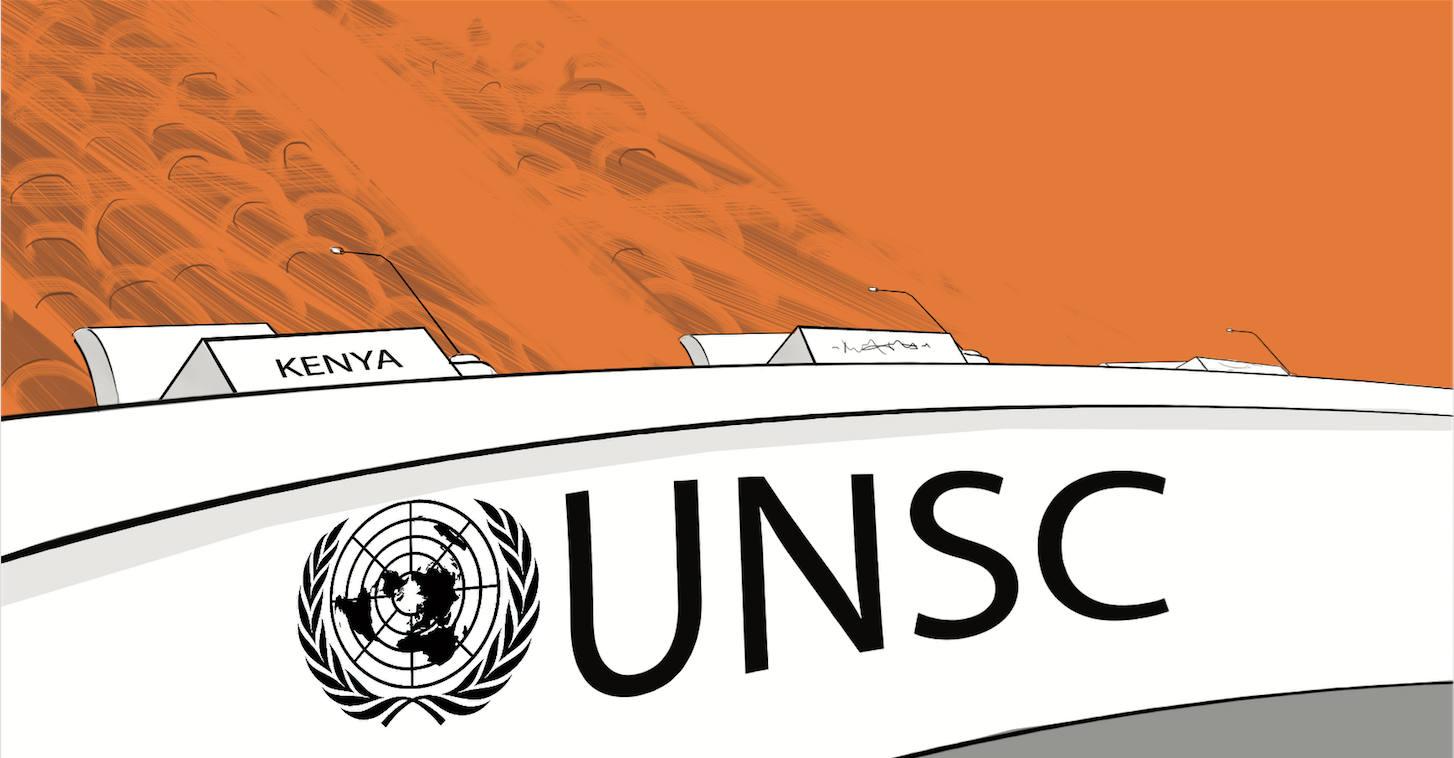
How well is United Nations trusted globally?
UN trusted in 10 of 28 countries measured.
The UN’s current structure is a vestige of a bygone era, out of step with the world’s demand for fairness and accountability.
In Summary

Audio By Vocalize

For years, I have advocated a
fundamental overhaul of the United Nations, arguing that its current
structure, rooted in the geopolitical realities of 1945, no longer serves the
world’s needs. The UN must be re-chartered to ensure equal voting rights for
all member states and eliminate the veto power that paralyses its mission.
This conviction was recently bolstered by the powerful statement of Nataša Pirc Musar, President of Slovenia, at the 80th Session of the UN General Assembly on September 23.
Her critique of the Security Council’s dysfunction and the veto’s misuse resonates deeply, but I believe we must go further, beyond reforming the Security Council to create a truly egalitarian UN that reflects the evolved consciousness of our global community.
When the UN was established in 1945, it was designed to prevent another world war, with the Permanent Five—the United States, Russia, China, United Kingdom and France—granted veto power to ensure their cooperation. Yet, this structure has become a relic, perpetuating inequality among nations and undermining the UN’s core principles of sovereignty and equality.
The veto allows a single state to block action on critical issues, from humanitarian interventions to sanctions against aggressors. For instance, Russia’s vetoes have stalled resolutions on Ukraine, while the US has shielded allies from accountability.
This system entrenches a hierarchy where the interests of a few prevail over the collective good, a reality President Pirc Musar aptly criticised when she declared that the Security Council “must never be a body that stands above international law to defend the interests of some at the expense of others”.
The world has changed profoundly since 1945. Decolonisation, the rise of new powers like India and Brazil, and a growing global consciousness around equity and justice demand a UN that reflects these shifts.
My vision goes beyond Pirc Musar’s call for Security Council reform and her innovative proposal for an International Court of Justice advisory opinion on the veto’s legitimacy in cases of jus cogens violations, such as genocide.
While her suggestions are bold and necessary, they stop short of addressing the fundamental flaw: the unequal voting power among member states. The General Assembly, where each nation has one vote, offers a glimpse of what a democratic UN could be, but its resolutions lack binding force.
A re-chartered UN must extend equal voting rights to all decision-making bodies, including a restructured Security Council, to ensure that every nation, regardless of size, wealth, or military might, has an equal voice in shaping global governance.
Equal voting rights would empower smaller states, often marginalised in global affairs, to influence decisions on pressing issues like climate change, poverty and conflict resolution. The current system, where 193 member states are beholden to the whims of five, contradicts the UN Charter’s principle of sovereign equality.
Pirc Musar’s vision of a 'Global Forum for the Future' to promote inclusive multilateralism aligns with this goal, but it must be formalised through a new charter that dismantles the veto and establishes parity. The veto’s original purpose, to secure great power cooperation, has been overtaken by its misuse as a tool for obstruction.
As Pirc Musar noted, the failure to act on crises like hunger weaponisation and genocide risks rendering international law irrelevant. A UN with equal voting rights would better reflect the moral and political evolution of our world, fostering decisions that prioritise humanity over power politics.
The obstacles to re-chartering are formidable. Amending the UN Charter requires approval from two-thirds of the General Assembly and all P5 members, who are unlikely to relinquish their veto power voluntarily. Yet, the growing frustration among non-P5 states, as voiced by leaders like Pirc Musar, signals a tipping point.
The Slovenian President’s call for a movement of states and non-state actors to drive systemic change suggests a path forward: building a global coalition to demand reform.
My proposal takes this further—re-chartering the UN to eliminate the veto and ensure equal voting rights is not just a reform but a reinvention of global governance to meet 21st-century challenges.
The UN’s current structure is a vestige of a bygone era, out of step with the world’s demand for fairness and accountability. President Pirc Musar’s critique has galvanised my long-held belief that re-chartering is essential to create a UN where every nation’s vote carries equal weight.
But how do we achieve this against the resistance of the powerful few? Can all nations in support of re-chartering the UN occasion a mass exit from the organisation until a new charter is signed to do away with the veto power and establish equal voting rights among member states?
This radical step could force a reckoning, compelling the global community to rebuild a UN that truly serves all of humanity.
Social consciousness theorist, corporate trainer and speaker, agronomist consultant for golf courses and sportsfields and author of ‘The Gigantomachy of Samaismela’ and ‘The Trouble with Kenya: McKenzian Blueprint’

UN trusted in 10 of 28 countries measured.